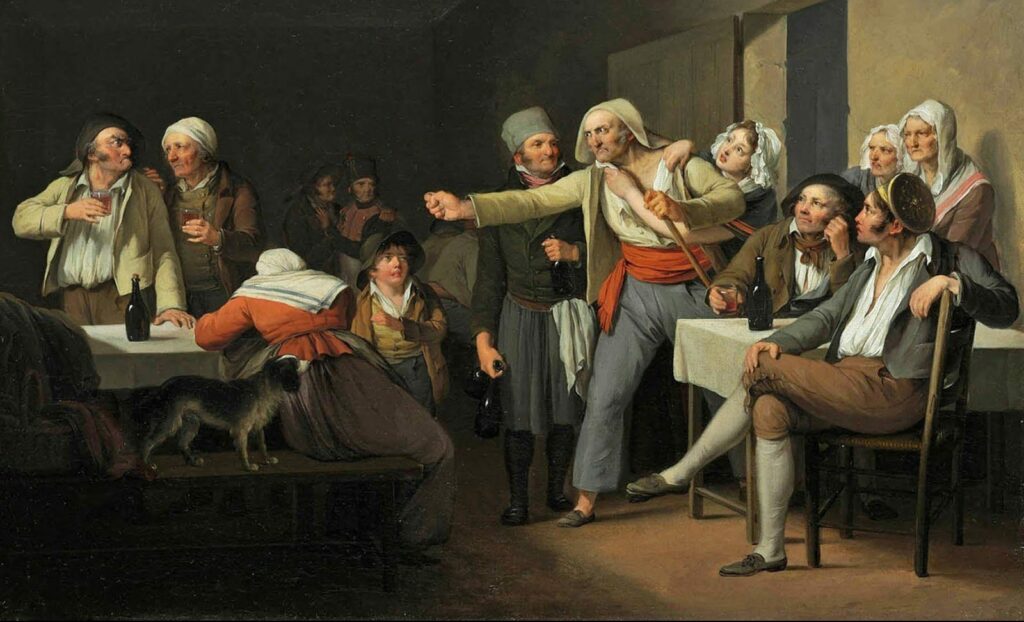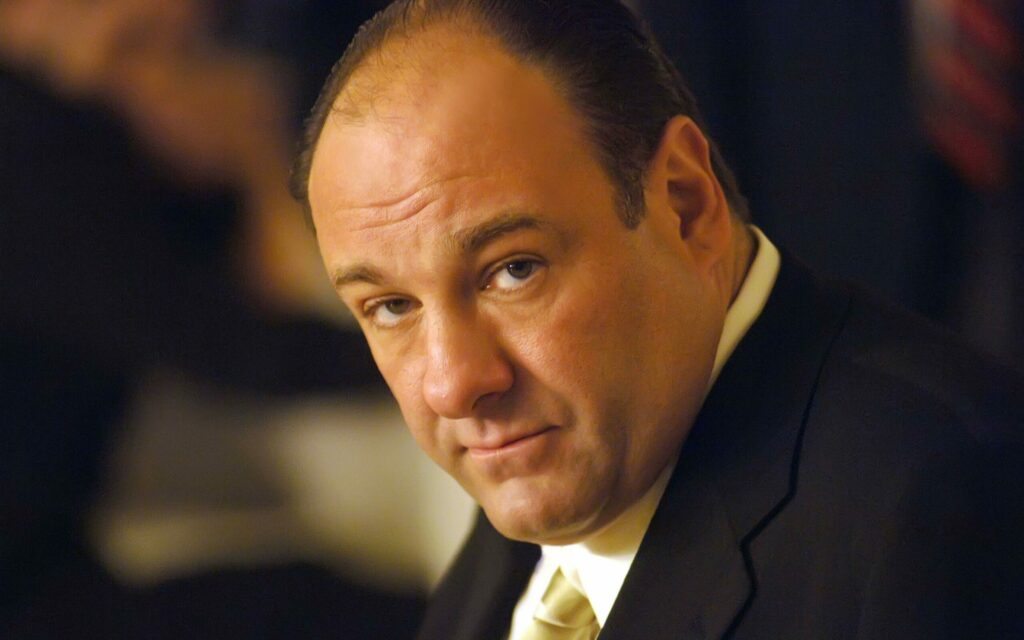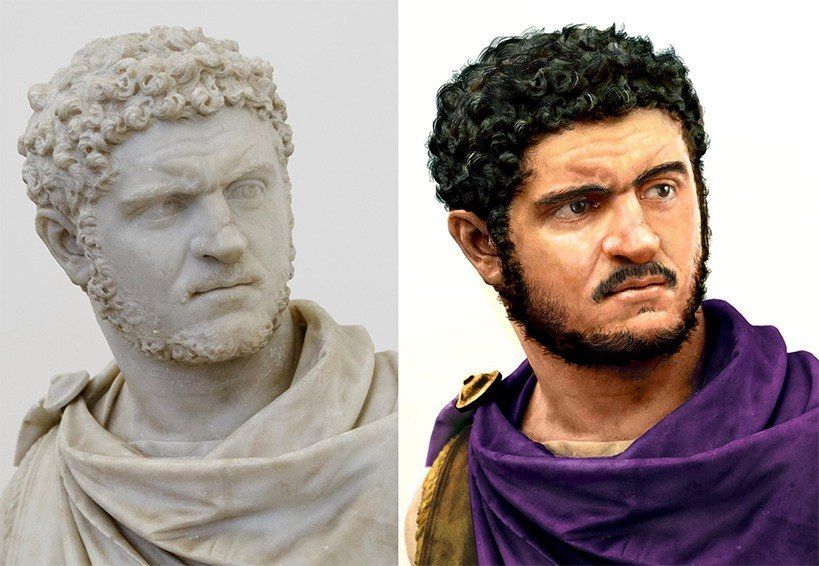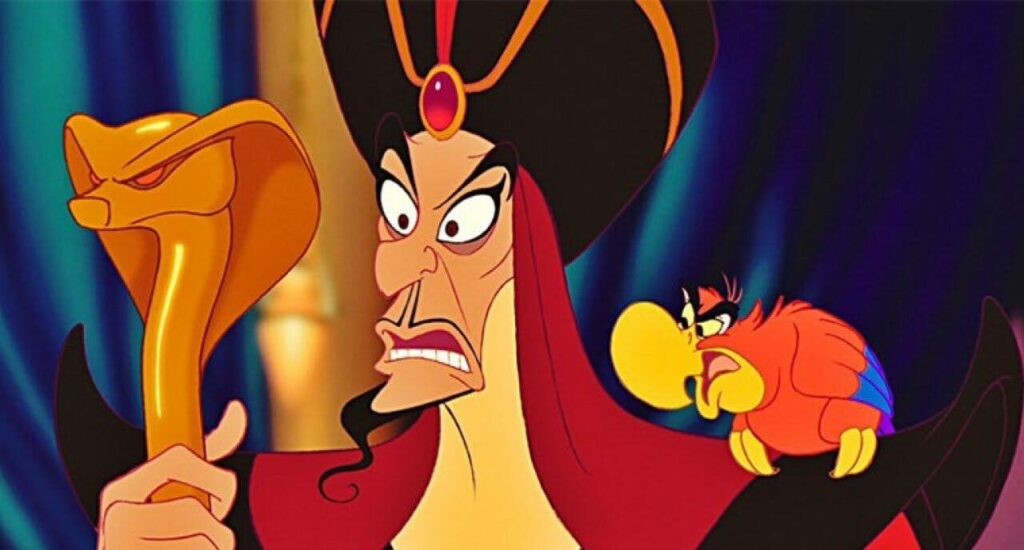How to Write Dialogue in a Story
The rules of good dialogue writing vary greatly from character to character—but if you’re wondering how to write dialogue in a story, this guide will help you develop characters that…
Read MoreWhat is an Unreliable Narrator?: Penning the Prevaricating Protagonist
When you can’t trust the person who’s telling you a story, we typically refer to them as an unreliable narrator. An unreliable narrator is someone whose account of the story…
Read MoreFlat Character vs. Round Character: Definitions and Examples
Every fictional person that populates books, movies, and plays falls into one of two categories: flat characters and round characters. Flat and round characters each fill important roles in works…
Read MoreCharacter Development Definition: A Look at 40 Character Traits
For any work of fiction to resemble real life, it has to portray real character development with a convincing character arc. Additionally, those characters need to have believable character traits,…
Read MoreAnti-Hero Characters: Writing the Unheroic Protagonist
Want to learn more about how to write an anti-hero? Consider taking our private class with Gloria Kempton. The anti-hero (or antihero) archetype is a popular feature of modern books…
Read MoreWhat is a Foil Character? Exploring Contrast in Character Development
A foil character, or character foil, is a character whose actions and traits contrast those of another character—often the protagonist. The foil character is like a white background against a…
Read MoreProtagonist Definition: How to Create the Perfect Protagonist
If you’re writing any kind of fiction, from a short story to a screenplay, your story has a protagonist. This is the character or characters around whom the story centers.…
Read MoreStatic Characters vs. Dynamic Characters: Definitions and Examples
You can categorize the people that populate your stories as static and dynamic characters. These categories correspond to character development: if they’re a changed person by the end of the…
Read MoreWhat is an Antagonist? Definition & Examples
Because most stories involve conflict, most stories also involve an antagonist. Your protagonist—the main character—will struggle to achieve something important to them, and the antagonist will further complicate this struggle.…
Read MoreStory Writing Exercise: What Does Your Character Want?
Desire—what a character wants or needs—forms the backbone of any fictional plot and the basis of conflict. Often, when writers have problems generating a story, it’s because they’re not thinking in…
Read MoreCharacter Development Advice: 5 Tips for Creating Characters that Breathe and Move and Can’t Stop Talking
Editor’s note: This is the second of two articles (first here) on the fundamentals of character development written for Writers.com by our instructor Gloria Kempton, in support of a full…
Read MoreEssential Character Development Questions: 3 Questions to Ask Every Character You Write
Editor’s note: This is the first of two articles (second here) on the fundamentals of character development written for Writers.com by our instructor Gloria Kempton, in support of a full…
Read More









